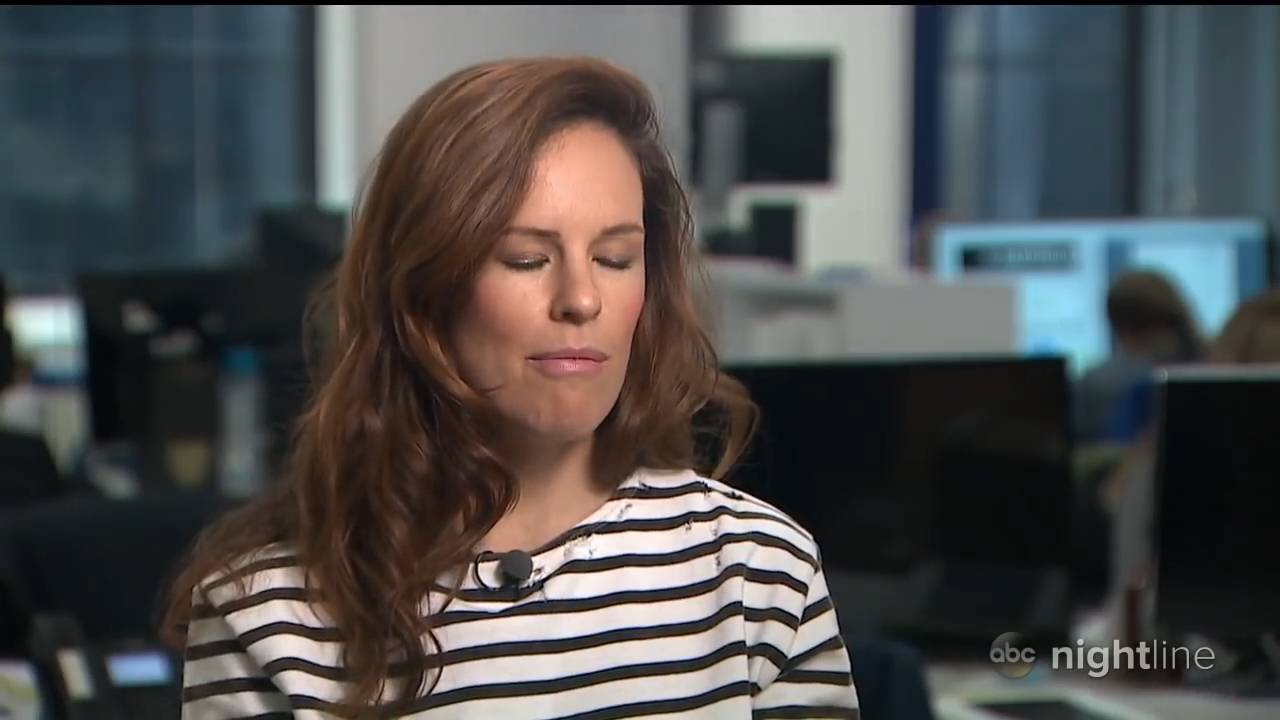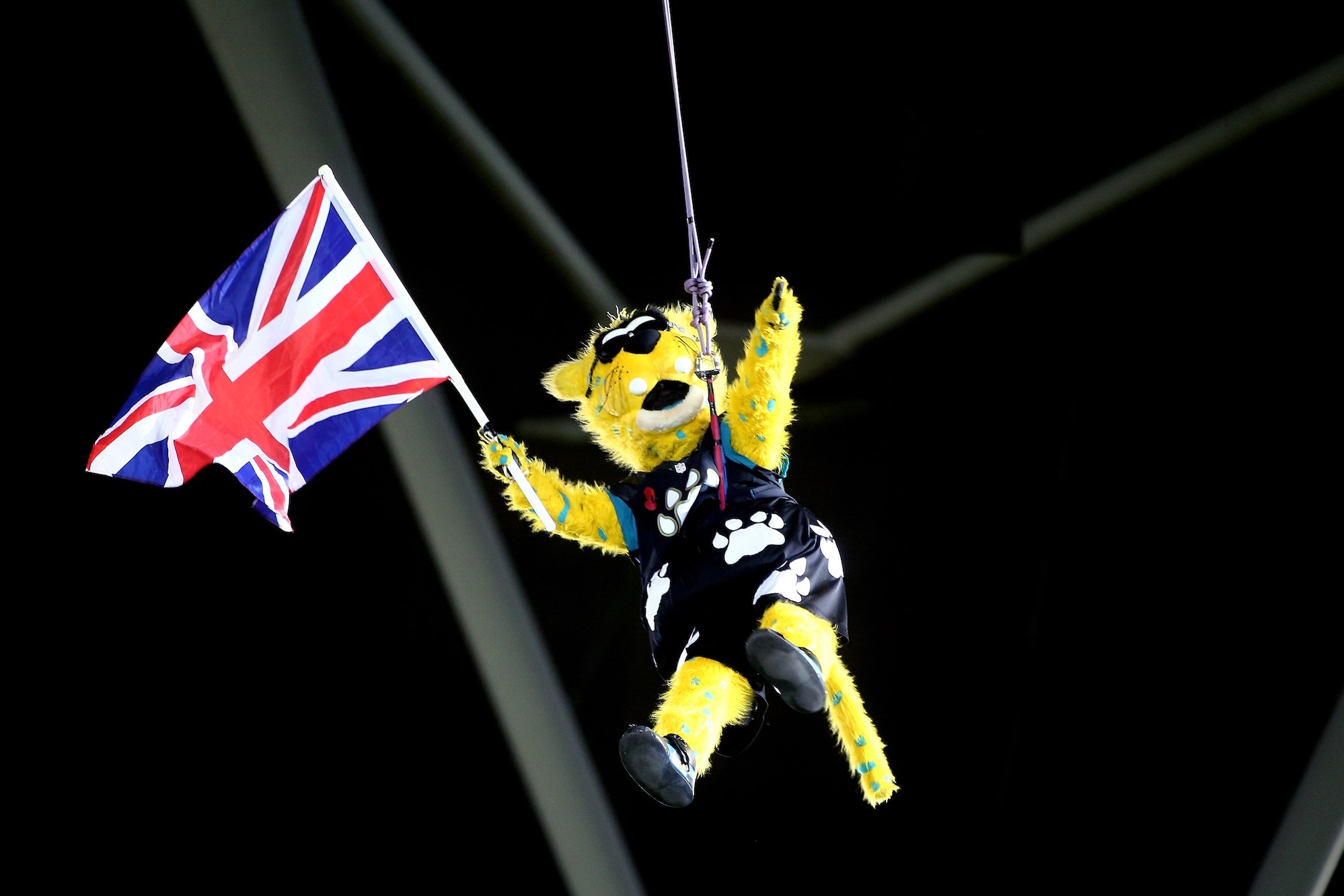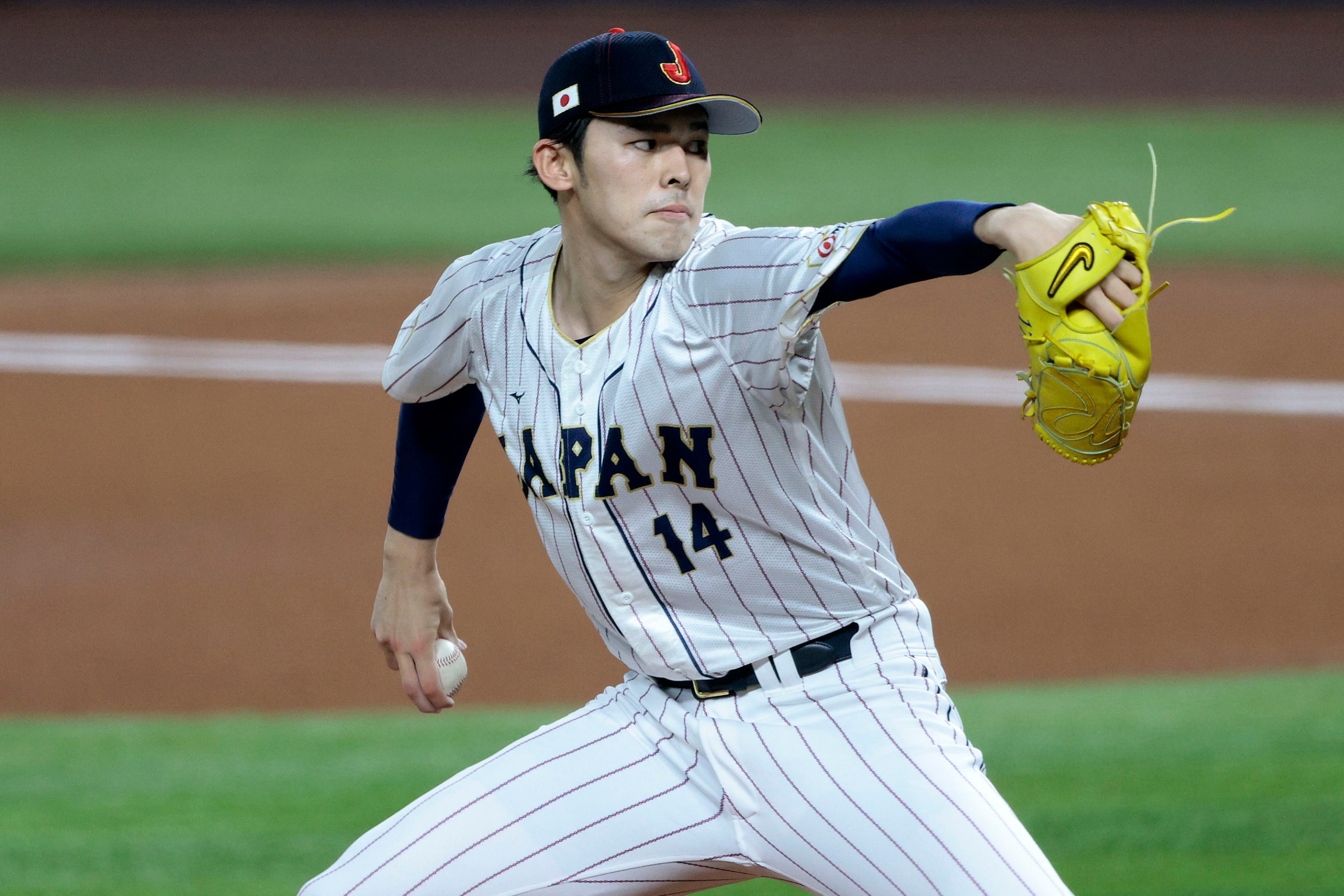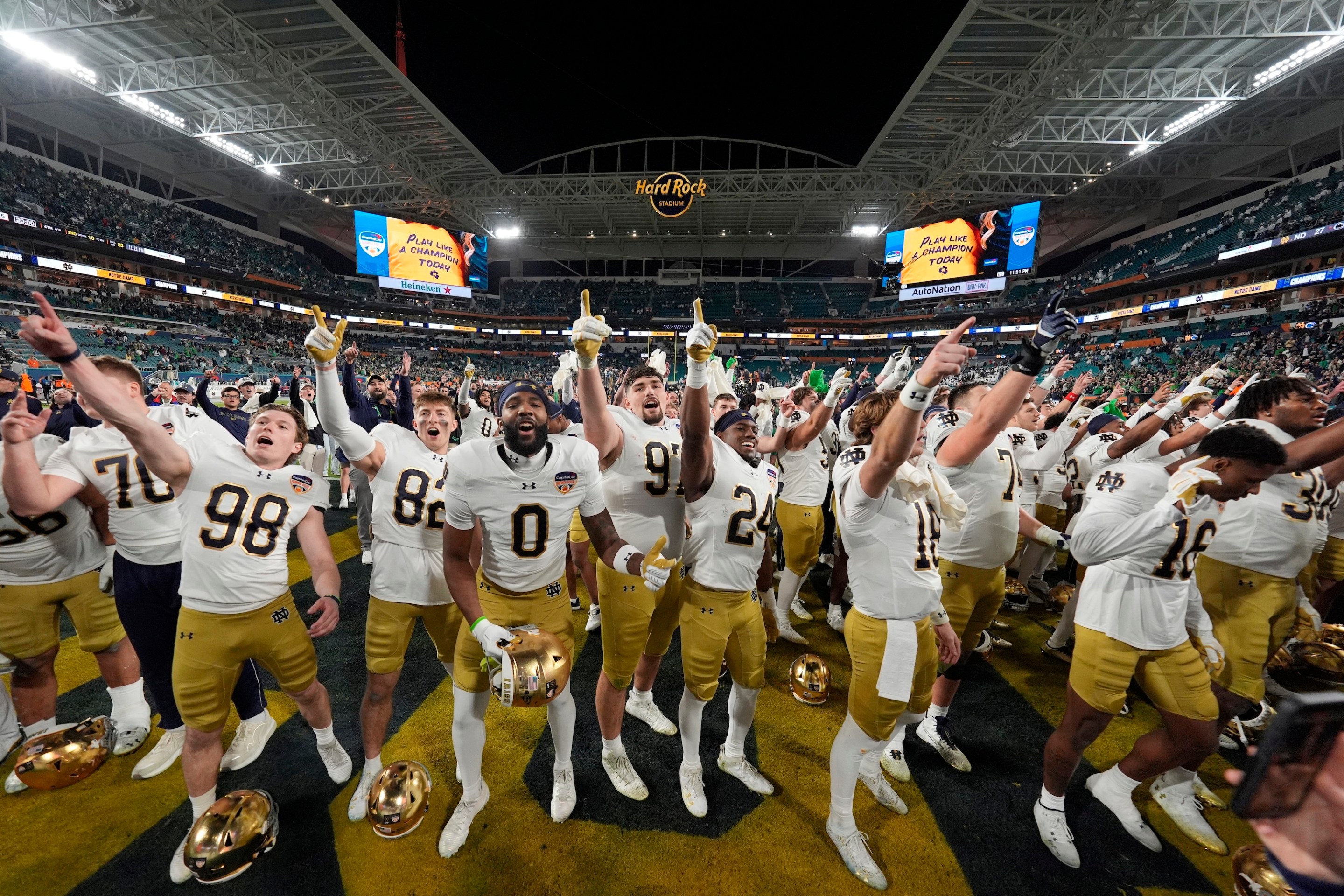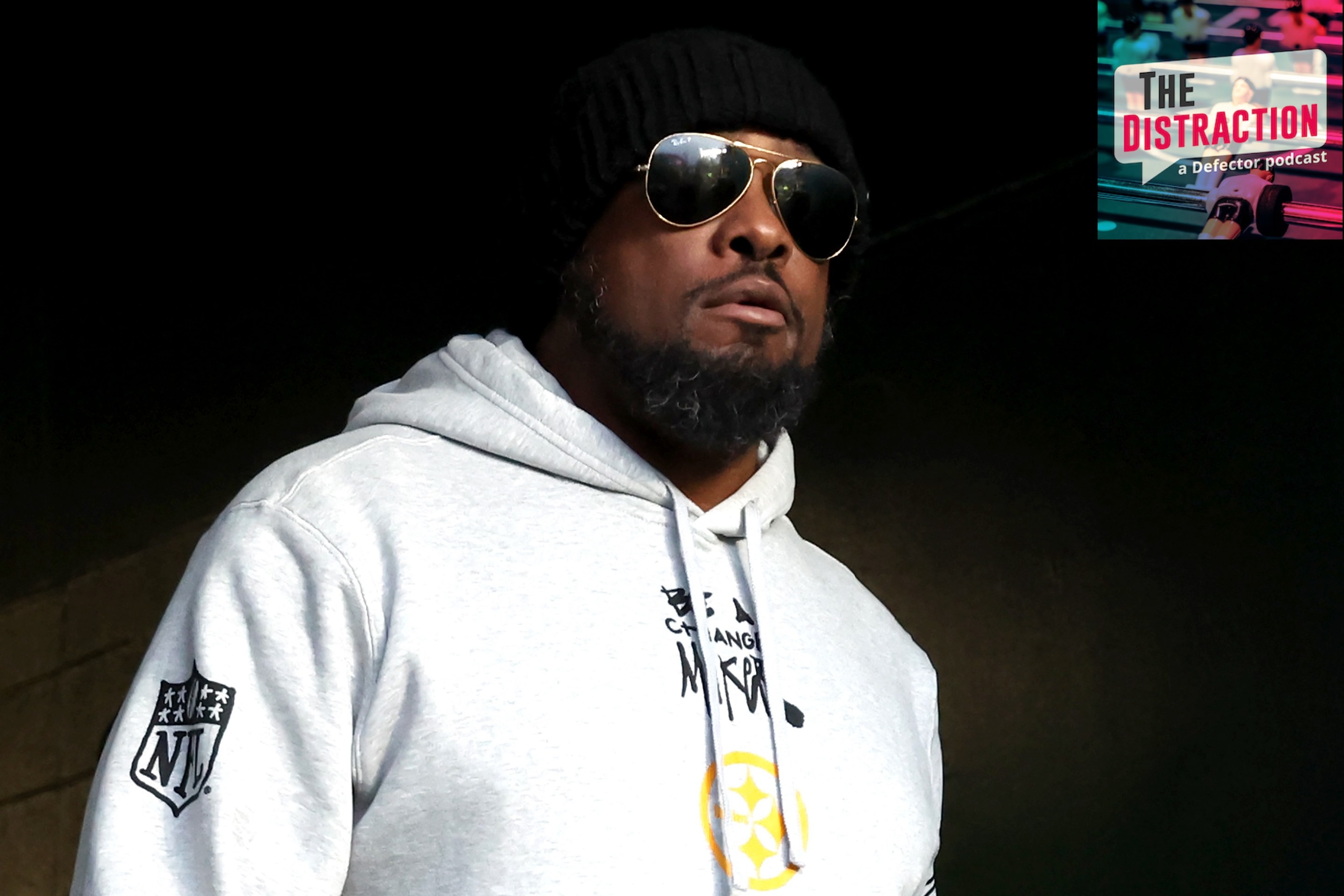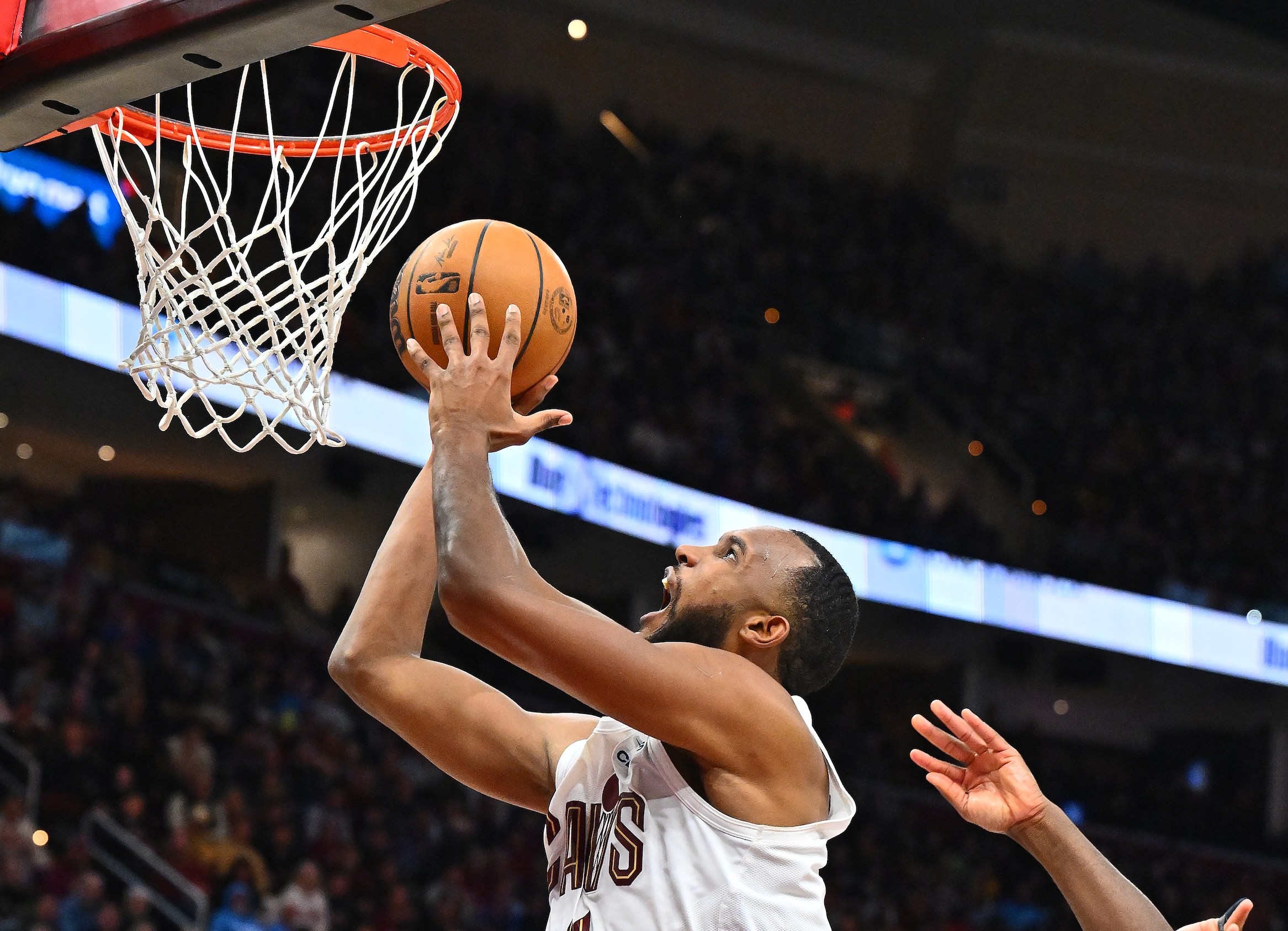The National Women's Hockey League is playing a two-week bubble tournament in Lake Placid this month. The league, now in its sixth season, recently added a privately owned Toronto expansion team and signed a broadcast deal with NBC Sports, which will air NWHL playoff games next week. Who should be congratulated for this success? If you ask her, the answer is Barstool Sports CEO Erika Nardini, who grumbled this week that NWHL fans and journalists were insufficiently grateful for her company's interest in women's hockey, and then not-so-subtly tried to sic her followers on those same fans and journalists.
Nardini has promoted women's hockey on social media and is friendly with a few players. Last week, on her podcast Token CEO, she invited NWHL players Kelly Babstock—who announced her NWHL signing on an episode of Nardini's podcast in May—and Rebecca Russo to preview the NWHL's bubble season. That appearance, and the previous ones, prompted followers of the NWHL to ask whether there should be any relationship between the league's players and Barstool, given the media company's well-documented history of racism, sexism, and launching targeted harassment campaigns against critics.
Nardini's response—quelle surprise!—was to search for these criticisms on Twitter, compile them (including one from a league staffer) in a video that left everyone's usernames visible, and post it with a clip from her whiny podcast segment on the subject. “There is so far to go in terms of getting eyeballs, bringing money to the sport, bringing fans to the sport, creating awareness of the sport," she said on her podcast. "If you seek to kill, or silence or essentially shun anyone who’s new, it’s never going to work.” Here, her company's trademark prickly self-belief wears a new disguise: deep concern for the growth of women's hockey. Is Nardini so powerful she has the potential to personally transform this downtrodden sport, or so helpless she has no choice but to fend off the Big Bad Haters? She did not settle on an angle.
Important message to the @EKANardini haters: pic.twitter.com/3qU0BqgggH
— Token CEO (@tokenCEO) January 26, 2021
The job of responding to Nardini fell to Babstock's and Russo's teammate Saroya Tinker, a rookie defenseman for the Metropolitan Riveters who speaks often about her difficult experiences as a black woman in hockey. "WE, as a league do not want support from ANY openly racist platform. Point blank, PERIOD," she wrote in reply to Nardini's post on Monday night. Only after Tinker had responded to Nardini did a few of her fellow players chime in with their own criticisms of Nardini's video. Babstock and Russo, for their parts, haven't said anything, but Babstock did spend Tuesday night liking pro-Nardini tweets, including responses to a video in which Barstool founder Dave Portnoy said Tinker should be "thrown in jail" for calling Barstool a white supremacist company.
On Tuesday afternoon, NWHL commissioner Ty Tumminia issued a statement to address Nardini's video and her musing about potentially buying an NWHL team.
Here is the statement from NWHL commissioner Ty Tumminia pic.twitter.com/RN1XefT9wH
— Marisa Ingemi (@Marisa_Ingemi) January 26, 2021
To an unfortunate degree in women's sports, drama can overshadow the play, and the NWHL's statement, vague and move along-y, seems written mostly with that frustration in mind. Tumminia doesn't reference Barstool by name, the situation is described kind of equivocally, and what "the values of the NWHL and its players" actually are is not made much clearer. "There is no circumstance where it would be acceptable to call out many of the reporters, staff members and fans who have given so much to women's hockey, especially knowing that these people could be targeted or harassed on social media," the statement said.
That's half of the problem, and it's the easier half to solve. Nardini's video made targets of a league employee and league media, so the basic, sensible move for the NWHL is to show support and to clarify that it would "not sell a club to anybody who is not fully supportive of this League's values." But there's a broader issue left unacknowledged: that the responsibility for speaking up against Barstool's harassment should fall on a black player (a rookie, no less!), and that doing so has evidently put her odds with some of her own teammates. A statement can only be as bold as the sport itself, and the sport is compromised. On Wednesday morning Gabrielle Gjelaj, the director of hockey operations for the Riveters, wrote on Instagram that Nardini "has done nothing but support our league and our team. And as a result, she was faced with a culture that is so toxic that it shunned every effort she made to lift us up to new levels." So on the question of the NWHL's values, there seem to be a few different answers.
A less bigot-curious climate might prevent the league from being used as a means of shallow image laundering by the worst people. Nardini confirmed the true extent of her interest in the NWHL Tuesday evening when, after the league released its statement, she said she might start her own competing women's hockey league.
Nardini is correct on one point: There is far to go in terms of "bringing in eyeballs" and "getting money" to women's sports. But a league being in that position doesn't strip it of the right to decide whose attention it will actively court. In fact, to a younger and still-growing league, those choices are all the more important. A particular power of women's leagues is that they can broaden the image of "the sports fan," which has for too long been constrained by the same noxious attitudes at the heart of Nardini's company.
